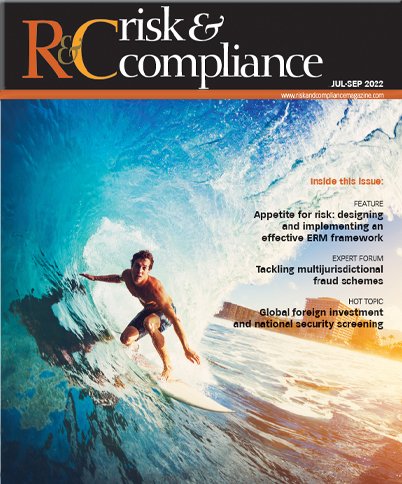MANAGING REPUTATIONAL RISK
Reputational risk is an interesting term. Risk management professionals often define risk as an event that could cause some type of harm. But reputational damage is usually the result of an event, rather than being an event itself. Regardless, we all know what it means to suffer reputational effects.
The consequences of reputational damage can vary significantly. In some cases, very little happens. Customers continue to buy the company’s products, and nobody protests or reacts in any way. In other cases, the reaction to reputational news can be swift, severe and long-lasting.
With social media, reputational harm can happen quicker than ever, and the effects can be devastating. Online dialogue is often brutal, with consumers not hesitating to criticise companies. Investors can become more fearful of facing the wrath of the public, and your own employees will find themselves facing harsh words about their employer wherever they turn.
Risk events consist of violations of laws or regulations that a company is responsible for, or acts that are legal but considered unethical. Each of these has the potential for impairing reputation. But there are numerous other risks outside of compliance and ethics risks that also have this potential.
Since a company’s reputation is not damaged without another event occurring first, management of this risk is more complex than other risks. There are more moving parts and greater potential for unexpected consequences.
As a result, it is important to consider several factors in designing a plan to manage reputational risk. Some of the most important steps to take in managing reputational risk are listed below.

